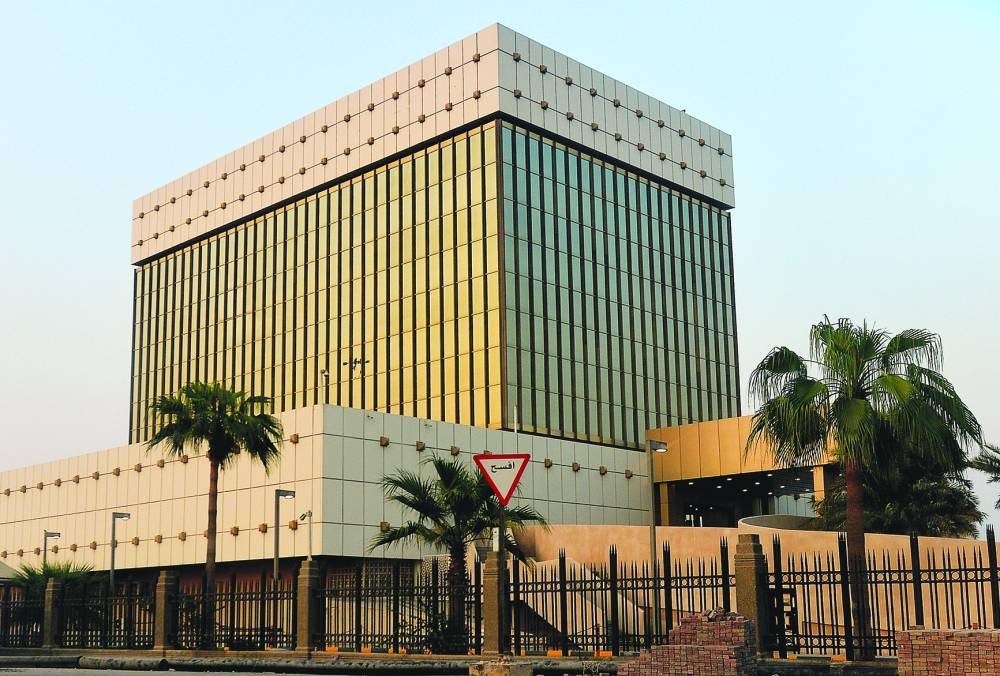Qatari banks credit to the real estate sector grew annually by 5.4% in 2021, QCB said and noted ‘real estate developers’ constituted the major category with 38.8% share in total real estate loans.
In its 13th Financial Stability Review, the Qatar Central Bank noted the real estate sector constitutes an important part of Qatar’s economy by virtue of its role in the economy.
This, QCB said, is evident from the share of real estate credit as proportion of the nation’s GDP (24.5% of 2021 GDP) as well as the share of real estate in the banking system’s total credit (13.2%).
Accordingly, QCB accords a “high importance” towards monitoring the developments in the real estate sector.
During 2021, which was still recovering from the pangs of global pandemic, Real Estate Price Index (REPI), which experienced a decline trend in 2020 revived.
The end year price index recorded a growth of 2.1% annually. Even though volume of transactions took a significant dip during the year, median price exhibited stickiness as it fell by lesser extent.
The demand side indicator as reflected in the Rental Index (a sub-index in CPI) showed the index stabilised in the second half of the year and shows upward momentum towards the end of the year.
Bank credit to the real estate sector grew annually by 5.4%, QCB revealed.
A break-up of the composition of real estate loans showed loans to ‘real estate developers’ constituted the major category with 38.8% share in total real estate loans.
Among other categories of real estate loans, ‘Commercial housing’ loans stood at 31.7% while ‘Private housing’ loans had a share of 11.5%.
An annual change in the issue of completion certificates revealed that non-residential segment saw a higher supply compared to residential segment.
Within the residential segment, higher supply of apartments and villas were in line with anticipated demand on the eve of mega sporting event.
In general, economic activity started to revive with gradual lift-off of most Covid-19 restrictions and the same accelerated owing to Qatar’s hosting of the 2022 FIFA World Cup and the associated preparations.
According to QCB, new areas developed or being developed are experiencing increase in real estate sale transaction of late.
The reforms on ownership laws resulted in expansion of freehold zones and consequently increase in demand for residential units.
After a period of decline in rental prices, rents have stabilised and is expected to persist for some time at an elevated level, post the FIFA world cup event, QCB said.

In its 13th Financial Stability Review, the Qatar Central Bank noted the real estate sector constitutes an important part of Qatar’s economy by virtue of its role in the economy

